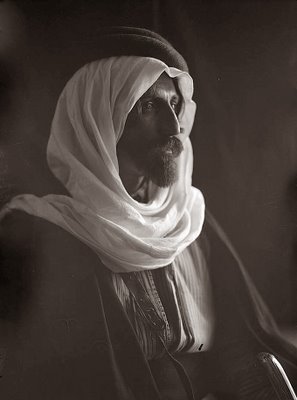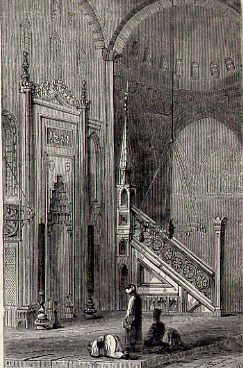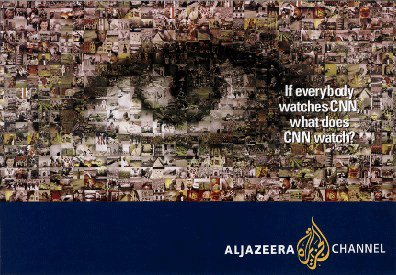
David Powers of Cornell University has recently published what is sure to be a controversial analysis of early redaction of the Qu’ran. This is his
Muhammad is Not the Father of any of Your Men: The Making of the Last Prophet, published by the University of Pennsylvania Press. He provides a discussion of the book on Rorotoko, the first part of which I attach here.
Muhammad Is Not the Father of any of Your Men is about the Islamic assertion that Muhammad was the last in a series of prophets sent by God to mankind in order to facilitate human salvation. This assertion is mentioned once in the Qur’an, in verse 40 of chapter 33 (“The Confederatesâ€). Here, addressing an unidentified audience, the voice that controls the text announces, “Muhammad is not the father of any of your men but the Messenger of God and the Seal of Prophets.â€
The meaning of the phrase “Seal of the Prophets†(in Arabic, khatam al-nabiyyin) is equivocal. Some early Muslims understood this phrase as signifying that Muhammad confirmed the revelations sent previously to Moses and Jesus, while others understood it as signifying that Muhammad brought the office of prophecy to an end, that is to say, he was the last prophet. By the end of the first century AH, the latter understanding had come to prevail.
The assertion that prophecy ends with Muhammad is central to the claim that Islam supersedes Judaism and Christianity. It is understandable that this doctrine is taken for granted by Muslim scholars. Less understandable is the general neglect of this doctrine by students of Islam.
In Muhammad Is Not the Father of any of Your Men, I attempt to shed light on the emergence of this key theological doctrine and to show how the Islamic foundation narrative was constructed in order to assure its integrity. Specifically, I focus on the intersection between the theological assertion, on the one hand, and the collective memory of the early Muslim community, key legal institutions, and the text of the Qur’an, on the other.
For the full article, click here.






